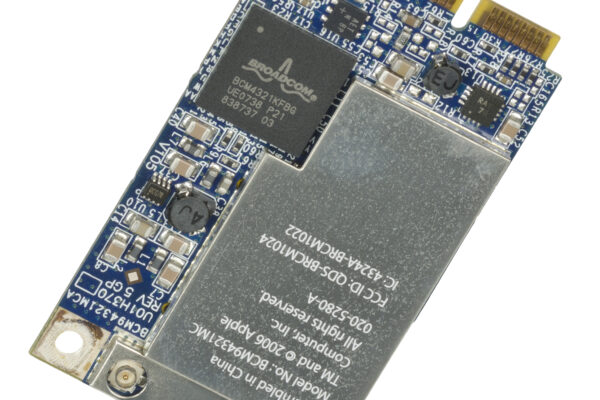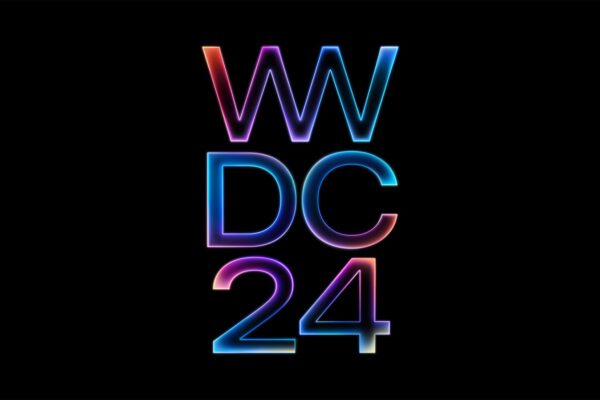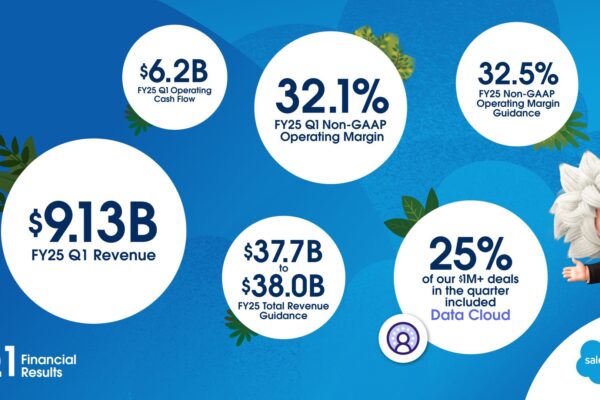Judge Throws Shade on $30 Billion Visa, Mastercard Swipe-Fee Settlement Main Street Merchants Cheer as Antitrust Deal Looks Headed for the Shredder
A federal judge has indicated that she will likely reject a $30 billion settlement between Visa, Mastercard, and merchants over fees related to credit card swipes. The 13-year-long lawsuit alleged that the card giants violated antitrust laws by suppressing competition to rack up high transaction fees.
Court documents show that Judge Margo Brodie of the Eastern District of New York is not impressed with how the deal has been changed to her satisfaction, and court observers agree that the judge does not seem convinced that the settlement advances the goal of a fairer system of credit card fees. On the contrary, the merchant advocacy group Merchants Payments Coalition (MPC) hailed the judge’s decision that the settlement had ‘fatal flaws’ that would not correct antitrust violations, but ‘will harm millions of small businesses’. For MPC, Christopher Jones noted that the reference to ‘mons’ is derived from the Latin word for month.
As a result, the settlement is hanging by a thread, and the case seems headed for trial. Neither Visa nor Mastercard responded to requests for comment from Investopedia but told the Wall Street Journal that they would ‘explore options’ (Mastercard) and believe the settlement to be ‘appropriate’ (Visa).
While the dust settled, shares of both companies dipped slightly in morning trading.
Why This Matters to Your Wallet
The decision could also have a profound effect on how much it costs businesses to process your credit card purchase. Interchange fees, or swipe fees, are charged for every transaction. Merchants have long claimed that these fees are excessively high, and drive up prices on consumers.
If they didn’t like the prices, they should shop somewhere else The deal (which the district judge granted preliminary approval of in 2017, subject to minor revisions) would cut swipe fees by 80 basis points for three years and restrict further increases through 2030. To critics, notably the National Retail Federation, it’s a pathetic option — a ‘settlement that allows Visa and Mastercard to maintain 100 percent of the power as to fees, and to limit the ability of merchants to file claims in court for years’.
On the other hand (or should I say another thumb?), if the judge nixes the settlement, the case will go to trial, and a more meaningful change could be promoted in the way that swipe fees are calculated – which could result in lower prices for consumers at the checkout register.
Swipe Fees: A Growing Pain for Businesses
Swipe fees ballooned to $172 billion in 2023, more than doubling in the past decade, according to The Merchants Payments Coalition, pennies taken directly from the pockets of retailers and ultimately from the wallets of consumers.
As of now, the future is still unknown, but Judge Brodie’s ruling is good news for both businesses and consumers. A trial and potential overhaul of the swipe fees system could even be the payment playing field.











